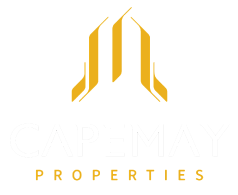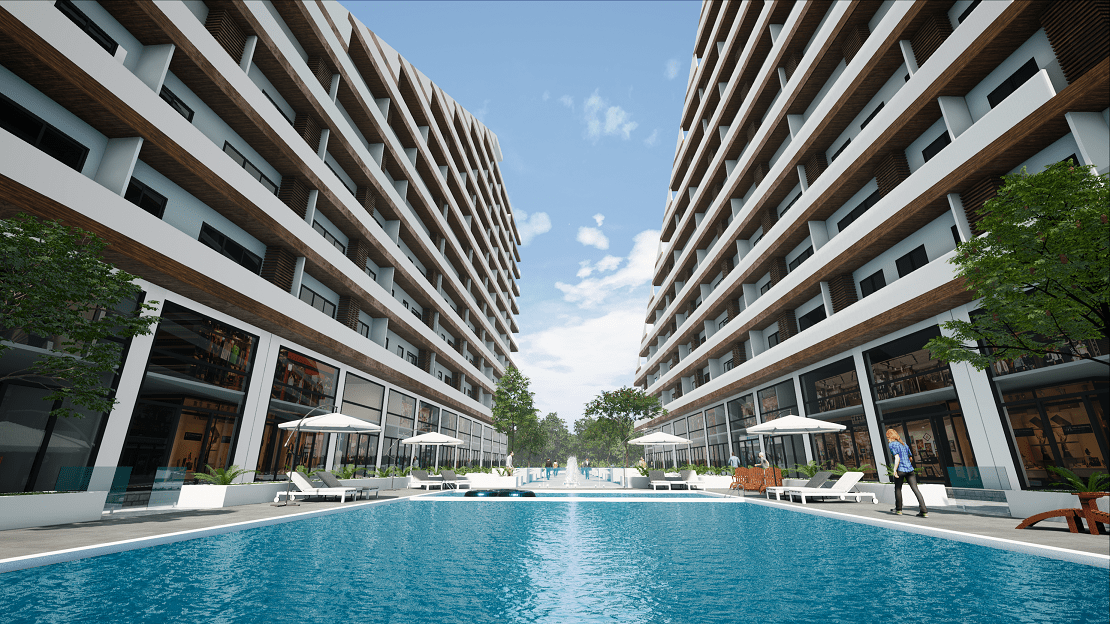R
eal estate in Ghana, Africa has been trending upward for more than a decade, helping to propel the nation’s economy forward at the same time. In 2011, The World Bank officially recognized Ghana as 1 of 109 middle-income economies whose growth and developmental achievements have produced a positive effect in the world. If you’re considering real estate in Ghana, there are a few keys to investing to consider.
4 Keys for Investing In Real Estate in Ghana in 2020
1. All-Inclusive Resort Properties Maximize Return on Investment
The “location, location, location” mantra is particularly relevant in Ghana. Select an area with a wide range of local amenities and price points to increase the likelihood that you will have a steady rental income. Accra is the heart of Ghana’s largest business district. Properties here are always in high demand. Commercial and residential real estate investments should be centrally located to offer easy access to transportation, shopping, dining, and nightlife. Look for properties with ample parking and flexible spaces that can be adapted to either residential or commercial uses as needed by the tenant.
The simplest way to ensure you invest in the best real estate in Ghana is to opt for an all-inclusive, resort-style property. Ghana’s latest example is The Signature development by Capemay Properties. The Signature has something for everyone, with starter studios starting from $75,000 USD to generously sized 3-bedroom apartments with garden patios starting around $350,000 USD.
The community provides an onsite swimming pool, fitness rooms, dining and retail venues, and flexible office space, which are accessible to all residents. Best of all, the professionally trained property management team will take care of all tenant maintenance and service requests so you can collect the returns with none of the risks.
2. Take Advantage of Reduced Corporate Income Tax Rates
The government of Ghana offers a number of attractive tax incentives to encourage private sector investment in the real estate market.
Free Zone Enterprise Developers
Free zones are areas which the government has selected as a priority for future development. To incentivize investment in these locations, the government offers substantial tax savings to eligible corporate buyers or investors interested in commercial real estate for their business, including:
The corporate tax rate for the first ten years in operation = 0%
Corporate tax rate after the tenth year (exported sales of products or services) = 15%
Corporate tax rate after the tenth year (domestic sales of products or services) = 25%
3. The Free Zone Act
The Free Zone Act provides a guarantee that “no enterprise shall be nationalized or expropriated by Government and that no person who owns, whether wholly or in part, the capital of an enterprise, shall be compelled by law to concede his or her interest in the capital to any other person.”. The Free Zone Act is intended to reassure foreign investors that investing in Ghana is safe and profitable.
4. Ghana Is Experiencing a Boom
The current population of Ghana is estimated to be approximately 32.2 million. Roughly 60% of Ghana lives in the nation’s urban city centres. There is currently a housing deficit of 1.8 million homes, and experts argue that the deficit will likely increase by 70,000 to 100,000 units each year. The persistent unmet demand for affordable housing for low and middle-income Ghana is a top priority for the Ghana government and a potential boon for private investors and developers.
Get Started
Real estate in Ghana promises to remain a strong investment well into the future. If you’re ready to get started, contact Capemay Properties today and find out how you can invest in Ghana’s best real estate opportunities.









